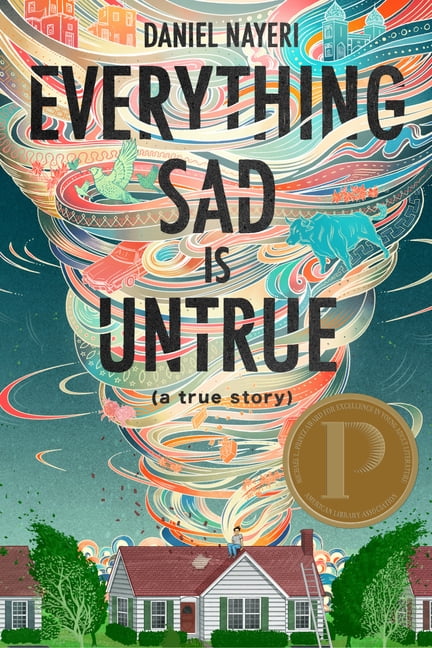

It’s a refugees inside look at religion and geopolitics. I can’t say I’ve read anything like it before. It’s hard to describe the exact experience of reading Daniel, new areas, everything sad is untrue. You’ll laugh you’ll cry, you’ll shout hallelujah. I’m glad you’re here for today’s conversation. We keep looking until we see God working. And each week I’m joined by insightful guests to talk about their written work and how the gospel applies to all of life. Welcome to Gospelbound, a podcast from The Gospel Coalition for those searching for resolute hope in an anxious age.

Before quoting in print, please check the corresponding audio for accuracy. The following is an uncorrected transcript generated by a transcription service. My mom wouldn’t have made the trade otherwise.ĭaniel Nayeri joined me on Gospelbound to discuss love, justice, eschatology, and the widespread acclaim for his work. She looks them in the eye with the begging hope that they’ll hear her and she says, “Because it’s true.” Why else would she believe it? It’s true and it’s more valuable than seven million dollars in gold coins, and thousands of acres of Persian countryside, and ten years of education to get a medical degree, and all your family, and a home, and the best cream puffs of Jolfa, and even maybe your life. How can you explain why you believe anything? So I just say what my mom says when people ask her. Rarely have I read such a powerful witness to the power of the gospel. Her conversion was a death sentence in Iran, so the family fled-without her baffled husband. But it’s Daniel’s mother who is the hero of this book, which released in 2020 and was named a book of the year by the New York Times, NPR, and the Wall Street Journal. I laugh every time I think about Daniel’s father visiting him in Oklahoma and insisting that he can speak English-while talking to Daniel in front of his class in Farsi. Like when I won the tetherball tournament at recess against Trevor and I wouldn’t have if I hadn’t been there at all.” He writes about his mother working with immigration officials: “It was like sticking a wrinkly dollar into a candy machine over and over and having it spit the dollar out over and over, for a year, with a gun to your head.” From the perspective of his childhood he observes that Americans “think we’re bad people who will come and take their stuff. Writing as his younger self lends tension and anguish to Nayeri’s already dramatic story of escape from Iran. Then call him Robert Frost, because Everything Sad Is Untrue will bring you to tears. Nayeri writes that sadness turns perfectly normal people into poets.


 0 kommentar(er)
0 kommentar(er)
